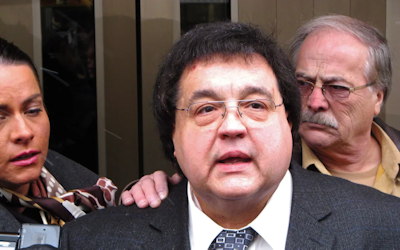The term "disclosure" refers to documents and other materials that the prosecution must provide to persons facing criminal charges. The state has a continuing obligation to disclose potentially relevant material for an accused person's court case: before trial, and, if the person is found guilty, after their conviction.
A principal cause of Donald Marshall, Jr.'s 1971 wrongful conviction for murder was the failure to disclose (and defence counsel's failure to request) key evidence including prior inconsistent statements from Crown star witnesses--and a statement from ten days after his conviction, when a witness came forward to identify the real perpetrator. In 1989, the Commission of Inquiry into Marshall’s wrongful conviction recommended that the Crown's disclosure obligation be legislated into the Criminal Code. This recommendation was not implemented.
The Supreme Court of Canada has since set out a broad constitutional right to disclosure (with exceptions to protect privileged information such as legal advice and the identity of confidential informants), in the 1991 case R. v. Stinchcombe. Below, we have identified cases where the quantity or quality of information disclosed to the defendant was in question and may have contributed to the wrongful conviction.






